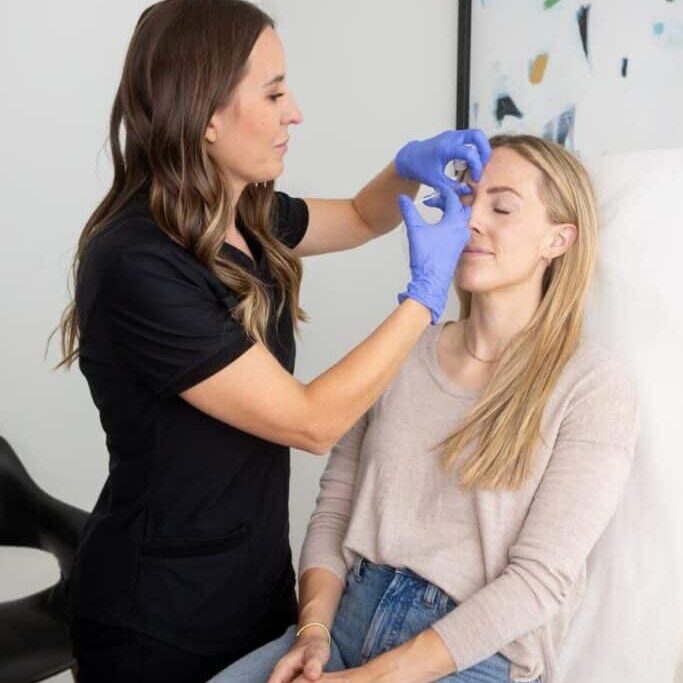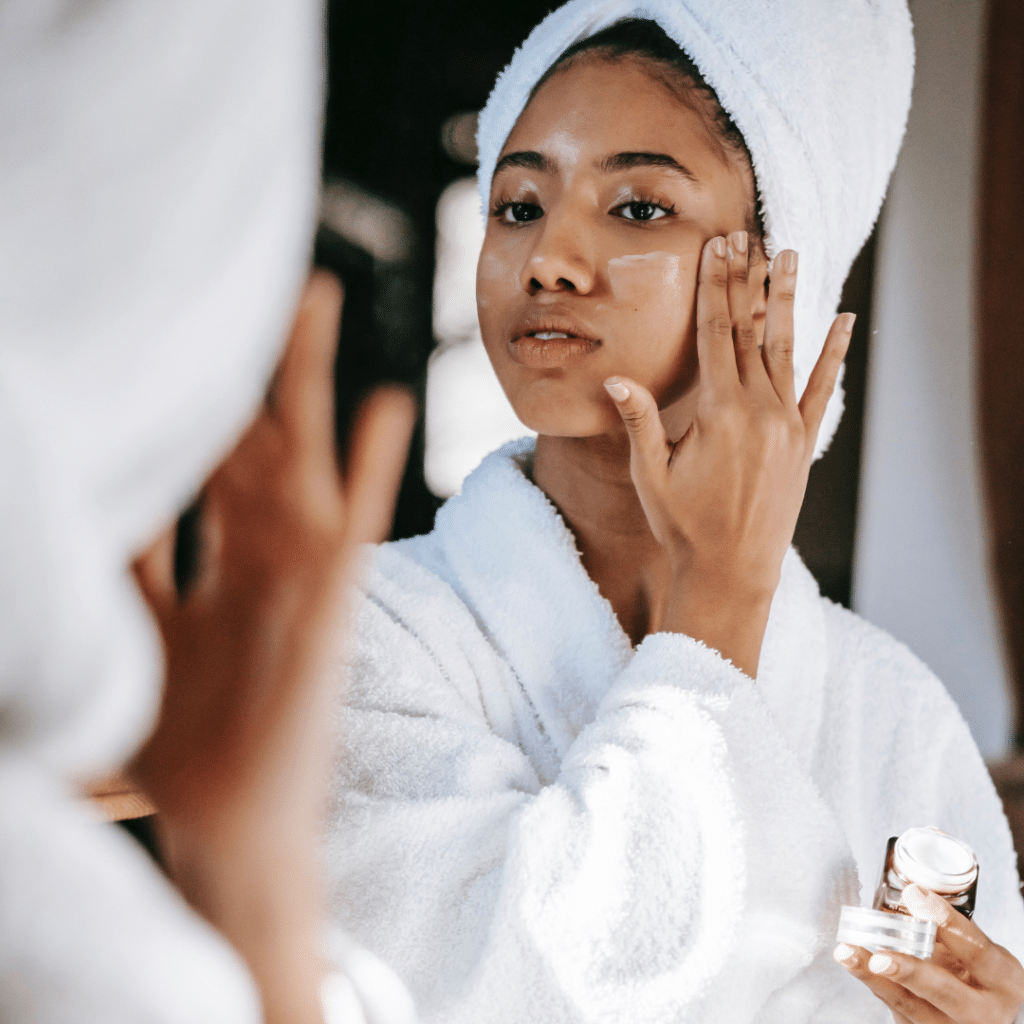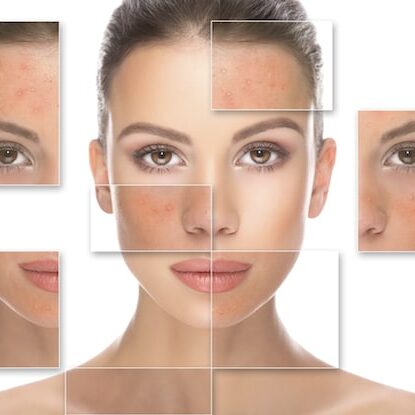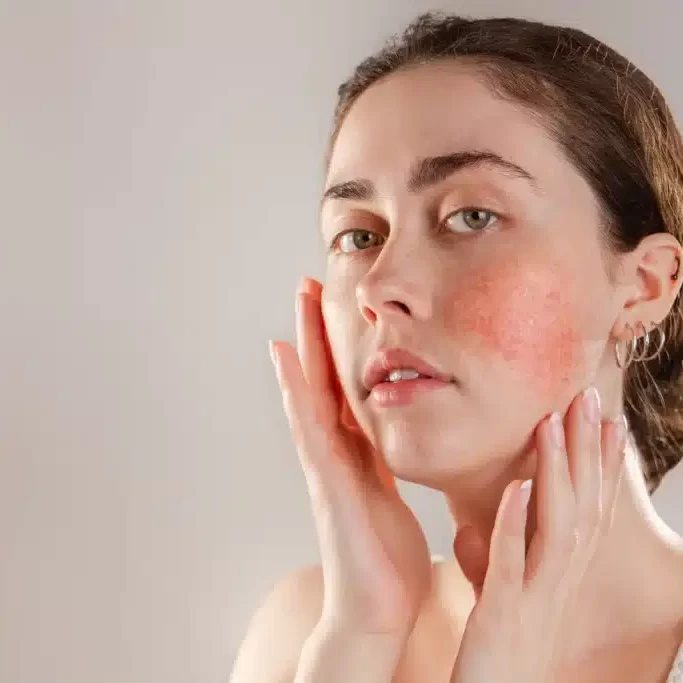
April Showers Bring Rosacea Awareness: Maintaining Your Beautiful Garden
Spring has sprung! Flowers are blooming, birds are singing, and for many, it’s also Rosacea Awareness Month! At Smart Skin Dermatology, we understand the challenges rosacea can present, and we’re here to help you cultivate a clear, comfortable complexion – all year round.
Just like a beautiful garden, managing rosacea is a long-term commitment. While there’s currently no cure, consistent treatment can significantly reduce flare-ups and keep your skin feeling its best. Here’s where the gardening analogy comes in: imagine your rosacea as pesky weeds. You can diligently pull them every day, but inevitably, new ones will sprout. Consistent weeding (treatment) is key to maintaining a weed-free (symptom-free) garden (face).
STEP 1: TREAT PAPULOPUSTULAR (ACNE) COMPONENT
Not required for all patients but it is important to make this distinction when outlining treatment options. For patient’s who have papularpustular acne. This step is skipped for patients with traditional rosacea.
1. TOPICAL MEDICATIONS:
These creams, gels, and lotions are often the first line of defense. They can help reduce redness, inflammation, and bumps associated with rosacea. This stage of treatment is very similar to the treatment of Acne. We aim to get you clear. Some patients skin will clear and remain clear while others will have the occasional flare.
2. Oral Antibiotics:
In some cases, oral antibiotics may be prescribed to combat stubborn inflammation. Patients are typically on these oral medications for an average of 4-5 months. Following antibiotic courses, most patients can combat the occasional flare-up with just topicals.
STEP 2: TREAT VISUAL RED COMPONENT
Patients looking to get relief from the red flushing component of rosacea may consider the following treatment options:
1. QUICK FIX – TOPICAL MEDICATIONS:
These creams, gels, and lotions are great for “date night.” Apply them and you will be clear of redness and flushing for a handful of hours. Unfortunately, there is no real long-term relief seen by these medications. Common types include metronidazole and azelaic acid.
2. EVERYDAY APPLICATION – TOPICAL MEDICATIONS:
These are not much different from the quick fix rosacea topical medications, but are designed for use everyday. Patients will use once or twice a day every day to help calm down redness. If these are stopped, redness will return. Most common medication is ivermectin.
3. Laser and Light Treatments:
This is the only real treatment of the source of redness. A pulsed dye laser is the gold standard for rosacea, but other less effective laser and light therapies exist. Superficial telangiectasias (blood vessels) and erythema (redness) are targeted and removed. This is by far the best treatment option available, but unfortunately it is not coved by insurance. Similar to weeding a garden, new telangiectasias can appear with time. Patients usually require 1-2 treatments a year to address new “weeds” that pop up.
4. Lifestyle Modifications::
Identifying and avoiding your personal rosacea triggers – from spicy foods to sun exposure – plays a crucial role in managing flare-ups. Limit these if limiting redness is more important than the quality of life the trigger provides.
Don’t Let Rosacea Steal Your Bloom
April is a time for renewal and growth. Don’t let rosacea prevent you from enjoying the beauty of spring. By embracing consistent treatment and partnering with a dermatologist, you can cultivate a clear, healthy complexion that blooms all year long.
Remember: Every rosacea garden (person) is unique. What works wonders for one person might not be the best approach for another. That’s why consulting a board-certified dermatologist is essential. We can create a personalized treatment plan based on your specific needs and concerns.
Ready to get started? Schedule an appointment with Smart Skin Dermatology today! We’re here to help you manage your rosacea and achieve your skincare goals.

